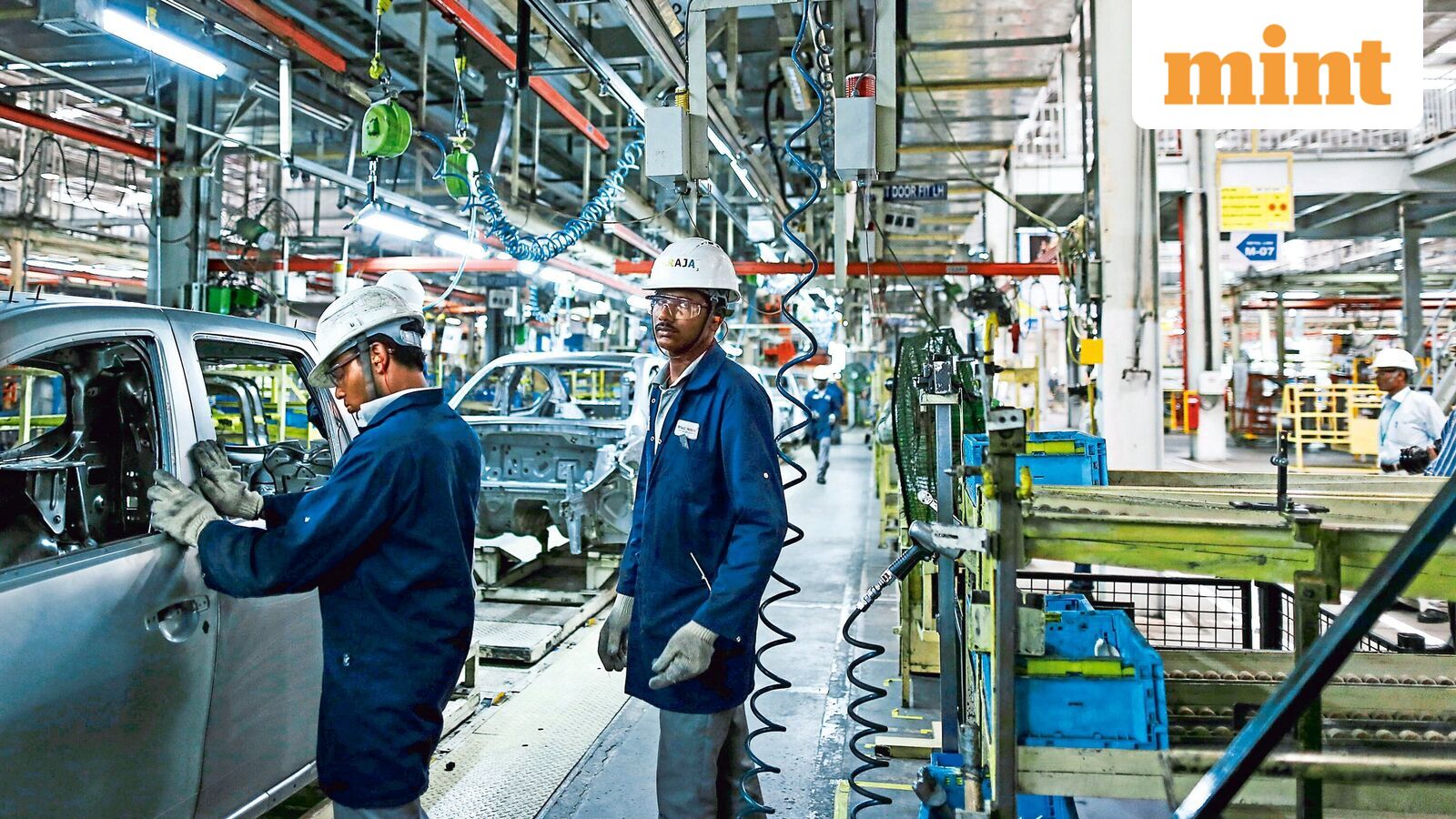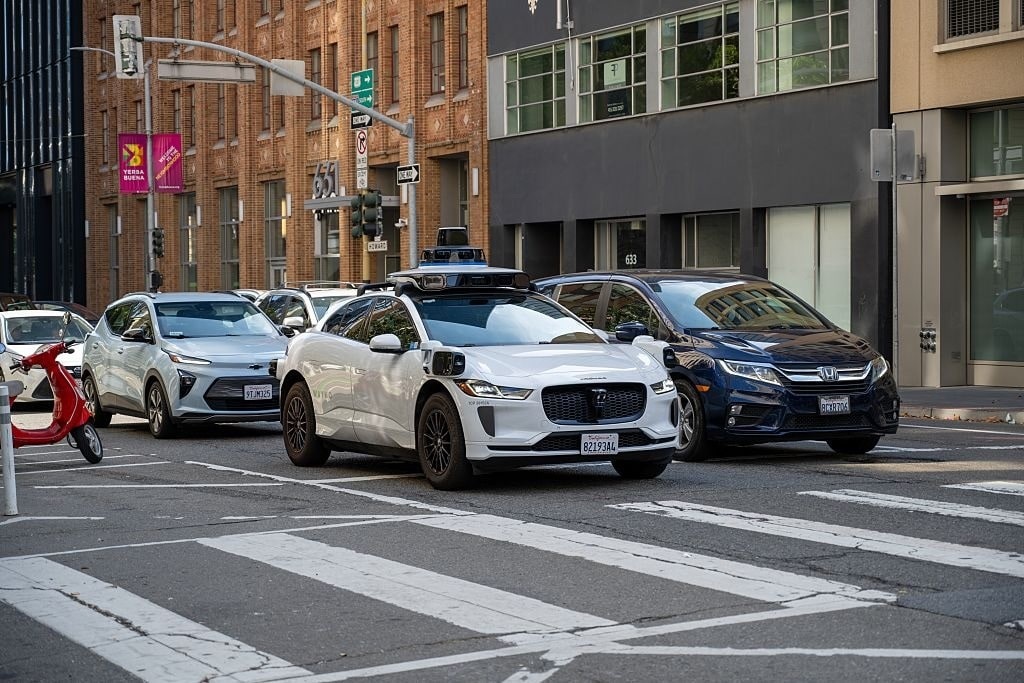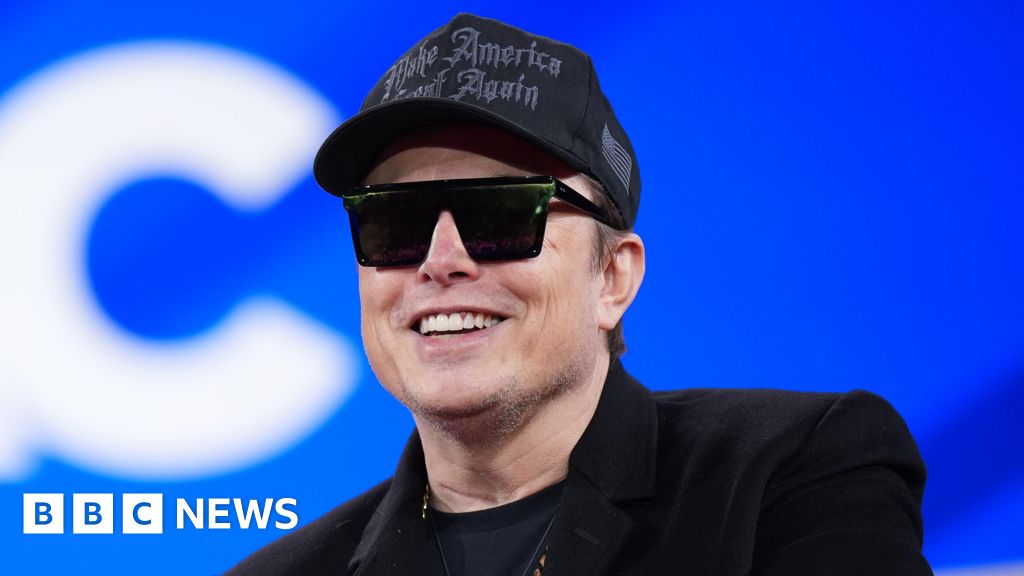Companies like Skoda-Volkswagen, Honda Cars, Renault, and Nissan are among mass-market brands that have committed to introducing more than a dozen new products cumulatively in the next two years. Together, these four brands hold only a 5% share of the passenger vehicle market in India as of August 2025. Passenger vehicles include cars, utility vehicles (including SUVs), and vans.
European luxury carmakers Volvo Cars and Audi also remain hopeful about their prospects in the Indian market, following rivals Mercedes-Benz, BMW, and Jaguar Land Rover doubling down on efforts to capture a higher market share.
### Slow Growth in the Indian Passenger Vehicle Market
The overall Indian passenger vehicle market has been slow-moving lately, with sales growing just 2% in FY25 and declining by 2.4% between April and August 2025, according to data from the Society of Indian Automobile Manufacturers (SIAM). Cars have been hit the hardest, with declines of 12% and 8.5% respectively in these periods.
Meanwhile, the top six brands—Maruti Suzuki, Tata Motors, Hyundai Motor India, Mahindra and Mahindra, Kia Motors, and Toyota Kirloskar—have intensified efforts to consolidate market share. In FY25, these six brands accounted for 91% of the country’s passenger vehicle sales, up from 89% in FY23, according to the Federation of Automobile Dealers Association.
During the same period, all lagging foreign carmakers experienced a decline in sales.
### Industry Perspectives
Puneet Gupta, Director at S&P Global Mobility, explained, “New offerings by the top six brands have won the trust of Indian consumers, something that the stragglers are not able to do. Most of the foreign brands are struggling to find brand traction to encourage consumers to switch to their models.”
Despite challenges, the struggling carmakers remain committed to the Indian market and hopeful about turning around their prospects.
—
## Brand-wise Outlook and Plans
### Nissan
The Czechia-based brand Skoda-Volkswagen became the latest to renew its push after Renault, Nissan, and Honda Cars also committed to launching new vehicles in India.
Japanese brand Nissan, which sold its full stake in the joint manufacturing plant venture with Renault in March 2025, currently sells only one vehicle in India—the Magnite SUV.
Over the next 18-24 months, Nissan Motor India plans to transition from a single-product portfolio to a multi-segment player with three new models:
– A sub-four-metre seven-seater B-MPV
– A C-SUV five-seater
– A C-SUV seven-seater
“All developed with Indian consumers at the center,” said Saurabh Vatsa, Managing Director at Nissan Motor India. He acknowledged the Indian market’s competitiveness and added that Nissan will increase its showrooms in the country from 159 to 180 in the current financial year.
### Renault
Renault, which saw sales nearly halved between FY23 and FY25 to 38,636 units, plans five new launches by 2027. These will include two SUVs and an electric vehicle (EV). The company is also increasing its dealership network from the current 362 across India.
India Managing Director Venkatram Mamillapalle believes two primary factors will drive sales growth:
– Renault fully owning the Chennai plant (previously jointly owned with Nissan)
– Diversifying the customer base toward more premium buyers
“Previously, we mostly targeted the sub-10 lakh segment, but now our customer profile will diversify to go beyond 10 lakh,” Mamillapalle said. Renault plans to launch products regularly and invest in its sales and service networks.
According to Autocar Professional, planned launches include the updated Triber, Kiger, and Duster, as well as the Bigster—a seven-seater SUV based on the Duster platform. The updated Duster is expected to launch next year.
Renault’s Duster SUV, launched in India in 2012, was a popular model with 40,000 sales in its first year. However, the company did not bring the next generation Duster to India, reportedly due to high production costs.
### Skoda-Volkswagen
The Skoda-Volkswagen Group is increasing its presence and capitalizing on new models to raise sales and market share.
“Over the last three months, we have expanded into more than 310 touch points and are now present in 177 cities,” said Skoda Brand Director Ashish Gupta on 24 September. He described this as a significant push to get closer to customers.
“Our focus was on entering new segments, territories, and price points. We have done that with the introduction of the Kylac,” Gupta added, noting that sales between January and August 2025 increased by 130% compared to the previous year, reaching nearly 47,000 cars.
The Skoda Kylac is a compact SUV that accounts for around 30,000 of those sales, boosting the company’s performance despite the slow passenger vehicle market.
### Honda Cars
Japanese auto giant Honda Cars witnessed a 22% sales decline to 64,727 units between FY23 and FY25. The company plans to launch five new SUVs in India by 2030, including one electric model designed specifically for the Indian market.
Honda’s once-popular mid-sized sedan, the Honda City, recorded falling sales from 35,038 units in FY23 to 16,925 in FY24, further dropping to 10,901 in FY25. This reflects a consistent decline in sales for a model that helped establish Honda’s popularity in India.
Trying to capitalize on growth opportunities, Honda is now focusing on SUVs. The company previously launched two SUVs (WR-V and BR-V) and one multi-purpose vehicle (Mobilio) between 2014 and 2017, all discontinued due to poor demand.
In September 2023, Honda launched another SUV, the Elevate, which has also struggled. Sales fell from 33,642 units in FY24 to 22,321 units in FY25, a 33% decline.
—
## Luxury Carmakers Also Step Up
As mass market brands intensify efforts to counter consolidation by the likes of Maruti, Hyundai, Mahindra, and Tata, luxury players such as Audi and Volvo are also introducing new models amid fierce competition.
Audi’s sales fell by 15% to 5,990 units, and Volvo’s by 22% to 1,665 units in FY25. Meanwhile, market leader Mercedes-Benz saw sales grow 4% to 18,928 units.
Volvo launched facelifts of its XC90 and XC60 SUVs this year and introduced its electric vehicle EX30 SUV for bookings in India.
When asked about competition, Jyoti Malhotra, Managing Director of Volvo Cars India, said, “The competition only helps us grow and offer better products for consumers, expanding the luxury brand.”
Volvo hopes its new electric vehicle, priced at ₹39.9 lakh—lower than offerings from BMW and Mercedes—will facilitate growth.
German luxury carmaker Audi, which was the market leader a decade ago, fell to fourth position in FY25. Balbir Singh Dhillon, Head of Audi India, shared in an interview that the company is focusing on improving customer experience and is coordinating with global management to bring more models, including electric cars, to India.
Audi plans to launch a new-generation Audi Q3 SUV by next year.
### Competition Among Luxury Brands
The luxury segment sees intensifying competition:
– Mercedes-Benz continues to grow steadily with eight launches in the pipeline.
– BMW saw 5% growth to 15,810 units and recently launched the all-electric iX1 compact SUV and i5 electric sedan.
– Jaguar Land Rover surpassed Audi to claim third place after experiencing 40% year-on-year growth to 6,183 units.
Jaguar Land Rover currently assembles the Range Rover and Range Rover Sport in India and is considering local assembly of the Defender. The Jaguar brand is working on an all-electric model set to launch next year.
—
## Global Challenges and Market Dynamics
Despite ambitious plans, experts remain skeptical about how sustainably these brands can invest amid global turbulence affecting their parent companies.
“Global carmakers face tough competition from Chinese players, straining their ability to invest,” said Puneet Gupta of S&P Global Mobility. “In this context and with increasing competition from Indian manufacturers, many brands will have to work hard to boost sales.”
For example, Nissan’s global CEO Ivan Espinosa announced on 13 May that the company will shut seven factories worldwide and cut 11,000 jobs across manufacturing, sales, administration, research, and contract staff to protect profits. Nissan’s operating profit for the year ending 31 March plunged 88% to $472 million due to slowdowns in key markets like the US and China. The company also refrained from offering growth guidance due to uncertainty over US tariffs.
Meanwhile, Renault is reportedly planning to cut 3,000 jobs, and Volvo Cars has announced a similar reduction of 3,000 jobs due to profit hits.
### Impact of Chinese Competition
Chinese manufacturers such as BYD have been eating into the market share of European carmakers like Volkswagen in China. Volkswagen’s EV sales in China declined 37%, significantly impacting German carmakers’ export bases.
BYD currently holds a 3.1% market share in battery electric vehicles (BEVs) within the EU. According to a 26 June Elara Capital note, BYD’s exports to the EU and UK nearly doubled in the year-to-date period of 2025.
“We believe China’s OEMs can gain incremental global passenger vehicle market share in the next 3-5 years, thereby putting pressure on legacy OEMs,” the report noted.
### Additional Pressures: Trump Tariffs
Trump-era tariffs continue to impact carmakers. Volvo Cars announced a $1.2 billion impairment charge due to these tariffs.
Global turbulence and fierce investments by top carmakers create a challenging environment for foreign brands in India.
—
## Indian Market Outlook
While the global environment poses challenges, Indian manufacturers remain bullish.
Maruti Suzuki is launching two new SUVs, and Tata, Mahindra, and Hyundai have lined up more than a dozen launches over the next four years.
Executives from foreign brands operating in India assure that global events will not disrupt their local plans.
“We have no plans for any disruption to our teams or product plans here,” Nissan’s Saurabh Vatsa said in a May virtual press conference after Nissan’s layoffs were reported. “We are on track to introduce new products and scale up growth in the market.”
Similarly, Volvo India’s Jyoti Malhotra insisted that global job cuts and profit hits will not affect company operations in India.
—
As the Indian passenger vehicle market continues to evolve, the competition among mass-market and luxury brands is poised to intensify. The ability of foreign players to adapt and innovate, while navigating global challenges, will determine their future success in India’s vibrant automotive landscape.
https://www.livemint.com/industry/struggling-carmakers-skoda-honda-renault-and-nissan-chalk-revival-plans-in-india-11759657439098.html



